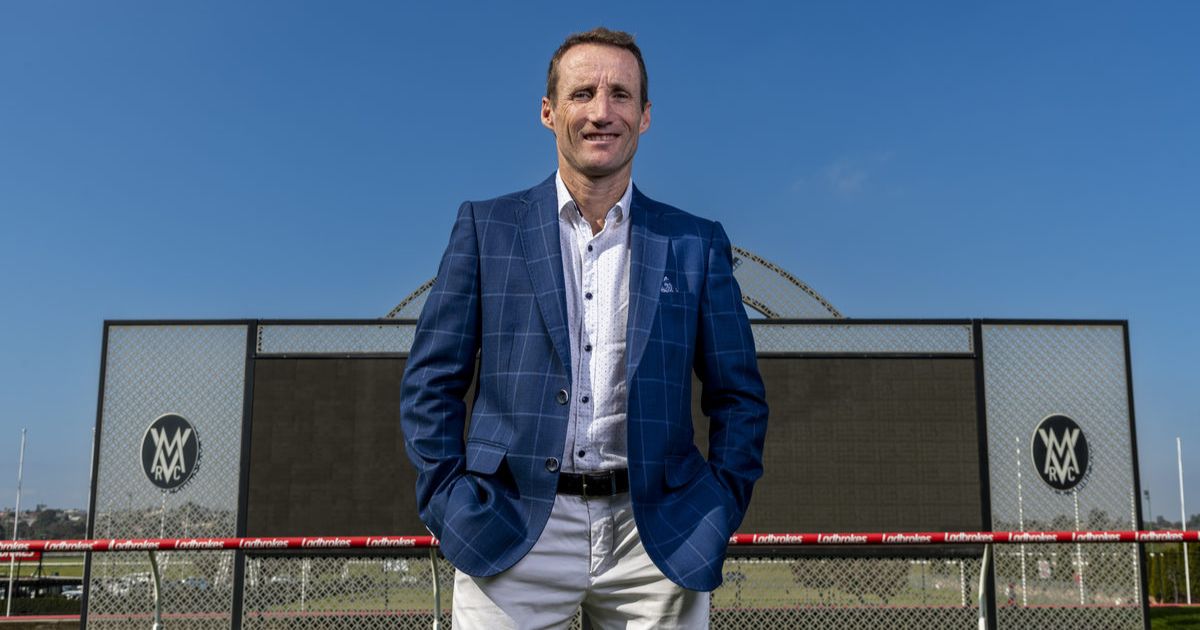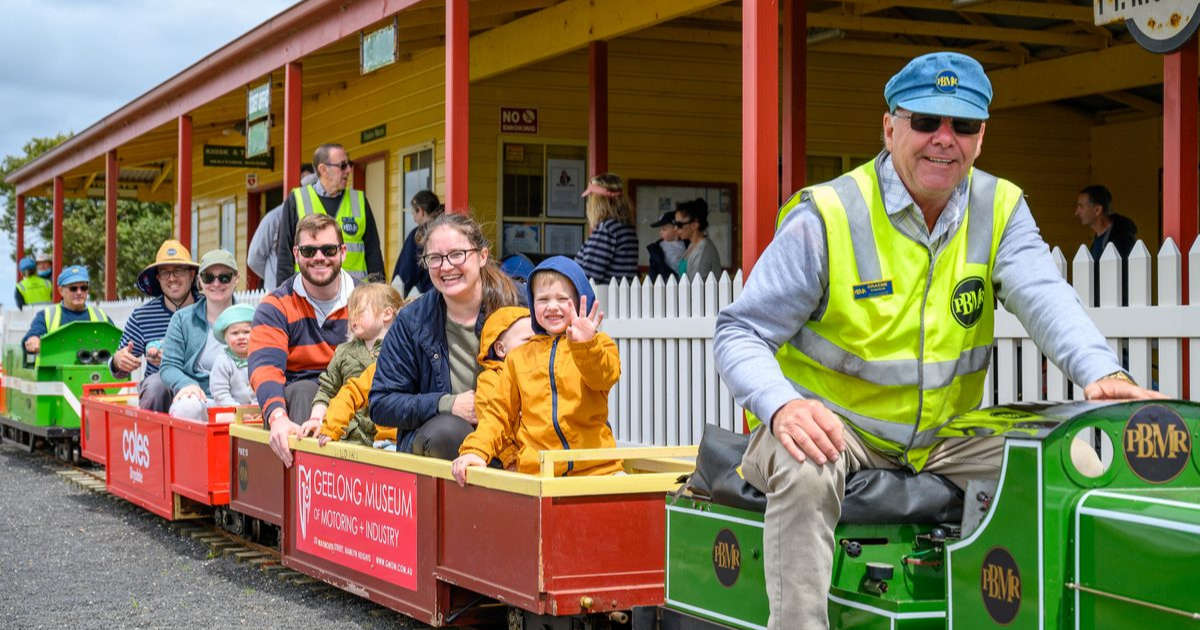Making a difference to the planet

Recycling correctly is one of the easiest ways to have a positive impact on the planet. Photos: HANDZAROUND VIDEO PHOTOGRAPHY
RECYCLING is more important than you think.
Solar panels and electric vehicles often come to mind when thinking about the climate impact. Few people consider the much cheaper lever for change – what’s being put in the bins at home.
Yet, recycling correctly is one of the easiest and most impactful things you can do to help the environment. That’s because making new items out of recycled materials usually takes far less energy, water and emissions than it would to mine or harvest new materials.
For example, the United Nations Environment Programme estimates that every tonne of recycled paper uses half the water and saves 17 trees, compared to using virgin materials.
- Trashing Geelong’s biggest recycling mistakes
Research by Sustainability Victoria in 2021 found while most people agree recycling is important, about half had recently recycled items incorrectly. That’s partly because the recycling industry – and what can be put in the yellow bins – has changed in recent years.
Even if you think you know, it’s worth taking a moment to check your recycling knowledge. These common mistakes increase the cost of waste services for everyone in Geelong and mean less of what you put in your bin can be recycled.
- Recyclables in paper or plastic bags?
If you bring your recyclables to the bin in a bag, always empty it into the bin loose.
Recyclable bags, whether they’re paper or plastic, often cannot be sorted because the items are hidden and can pose a safety risk.
- Soft plastics
Soft plastics, such as bread bags and chip packets, can jam sorting machinery at recycling facilities and so increase the cost of recycling in general.
While supermarket soft plastics recycling is currently on hold, put soft plastics in your red rubbish bin.

- Clothing, shoes and textiles
Even if they’re not good enough for the charity shops, there are plenty of recycling programs for textiles – just not in your home recycling bin.
Check the Waste & Recycling Guide at geelong.link/recycleguide for more information on recycling points or put them in your rubbish bin.
- Tissues and paper towels
The number one contaminant found in the City of Greater Geelong’s office recycling bins, tissues and paper towels cannot be recycled as they are made of very short, low-quality fibres not meant for reuse. Put these in your rubbish bin.
- Batteries and electronics
Batteries and e-waste cause fires in collection trucks and should never go in any of your home bins.
Bring your batteries with you to drop off at Aldi, Coles or Woolworths supermarkets, and electronics can be taken to Geelong or Drysdale Resource Recovery Centre.
Make recycling easy with a free fridge magnet from the City of Greater Geelong
If you’re tired of arguing with your kids about juice boxes in the recycling, request a free recycling fridge magnet at geelong.link/recycleguide
Magnets will also be available for pick up at the city’s Customer Service Centres from mid July.
//SPONSORED CONTENT

















